Research
Advancing Knowledge and Empowering Change
By integrating advanced technology, scientific innovation, and insights from our extensive network of partners, UConn’s Institute of the Environment and Energy generates knowledge that drives better decision-making for people, health, energy, food, and water. Viewed through the lens of sustainability, artificial intelligence, and climate change, these insights equip industry, agencies, and communities with the tools to anticipate risk, seize opportunities, and create a thriving, sustainable future.
In partnership with industry and the state, we will explore ways to strengthen alignment with Connecticut’s economic development and workforce needs, including cultivating an active entrepreneurial environment. - University of Connecticut Strategic Plan 2024-2034
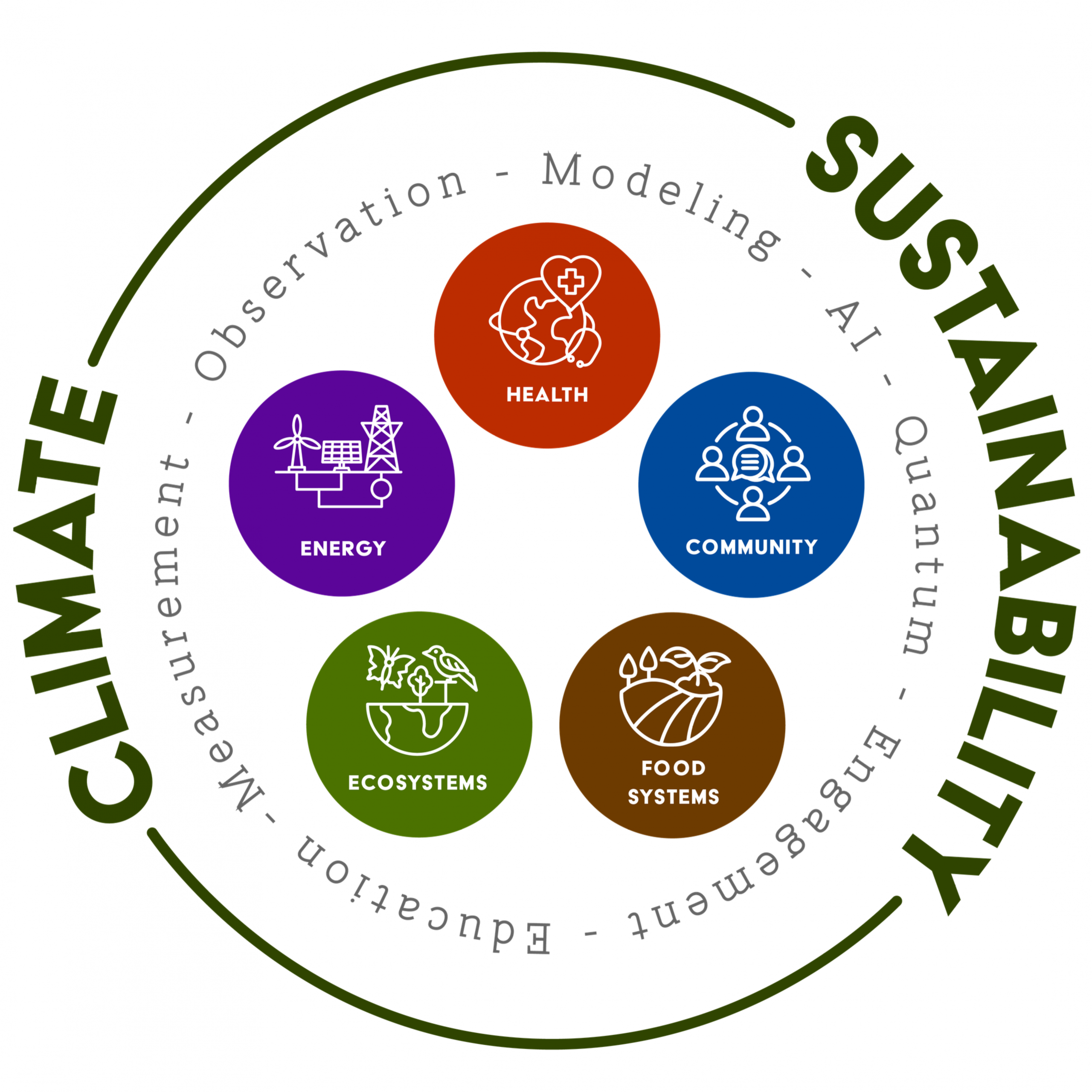
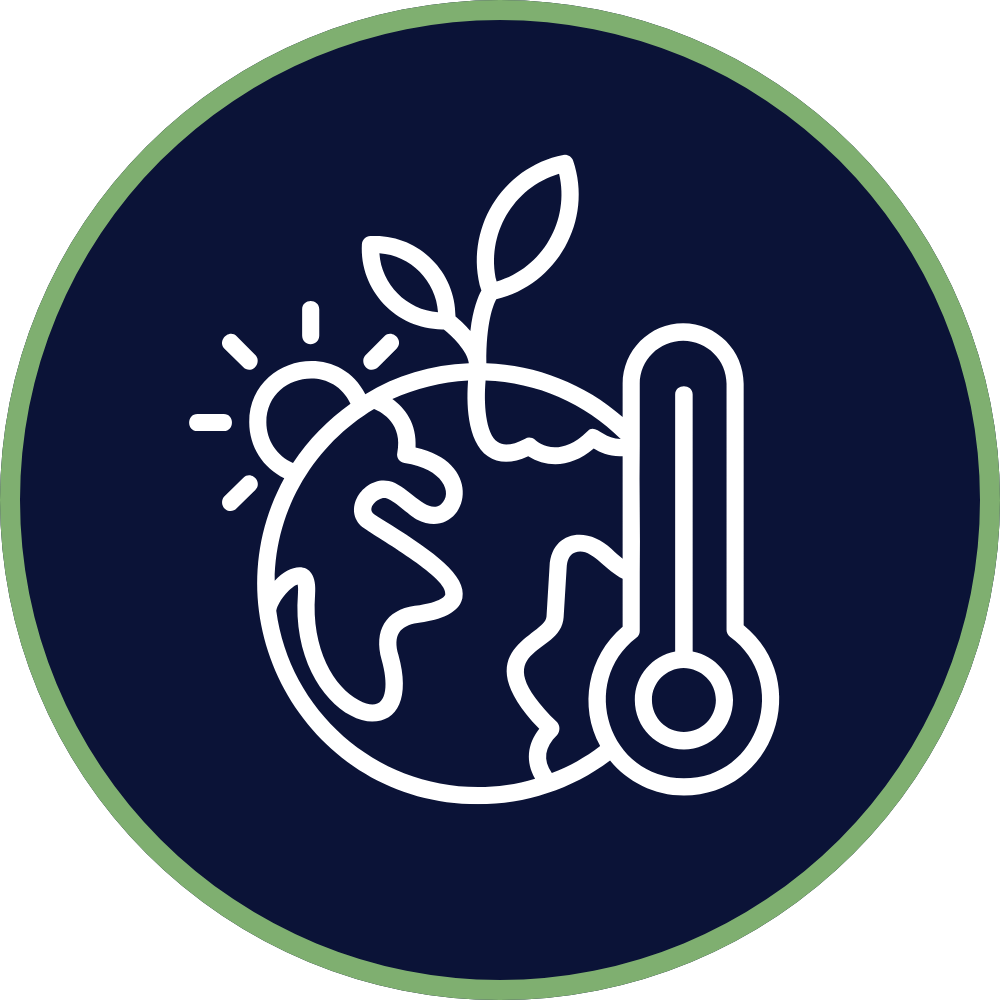
Climate
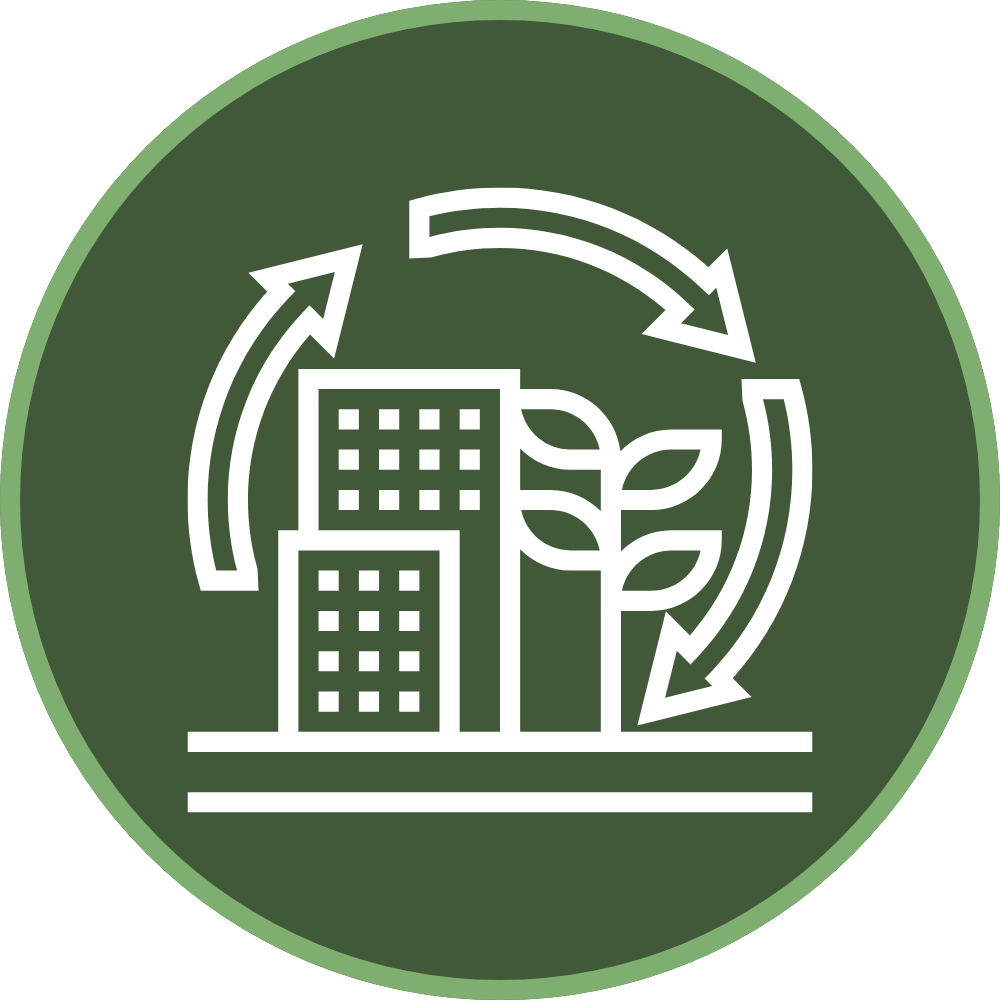
Sustainability
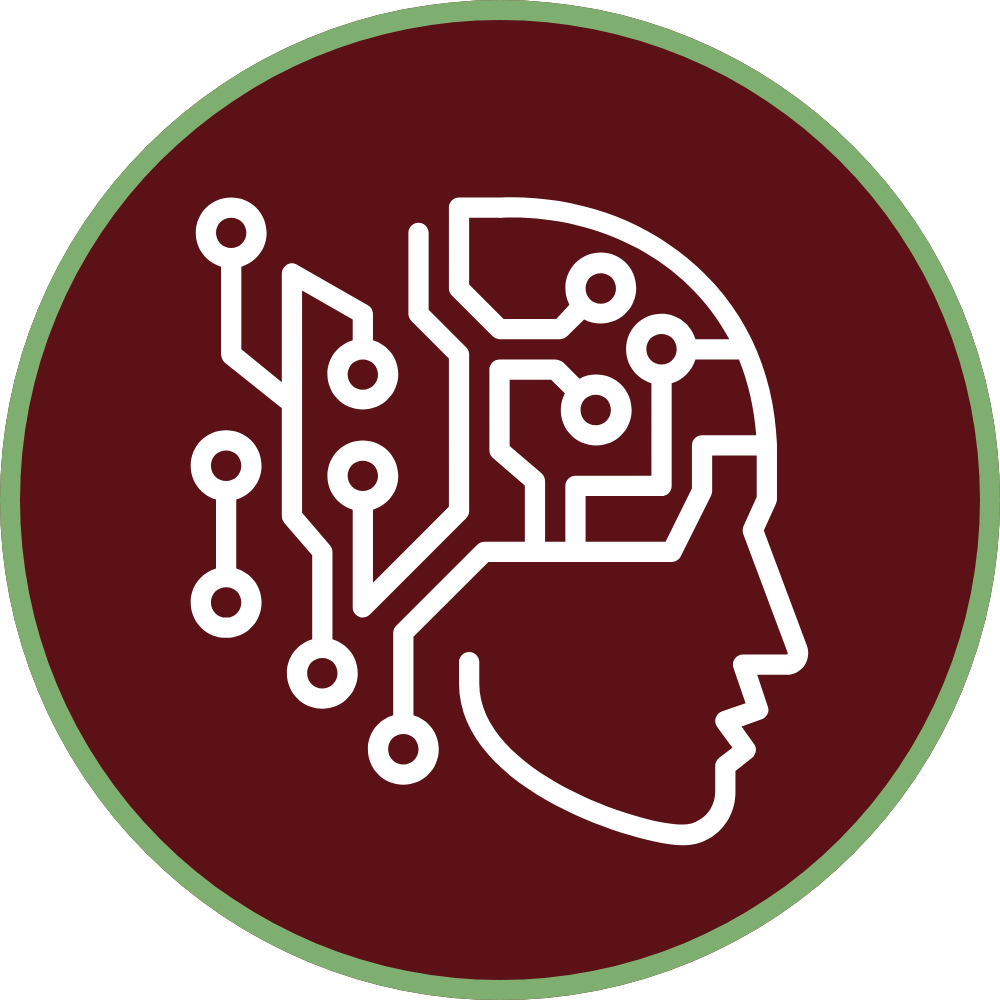
Artificial Intelligence
Community
Health
Energy
Ecosystems
Food Systems
Research Highlights
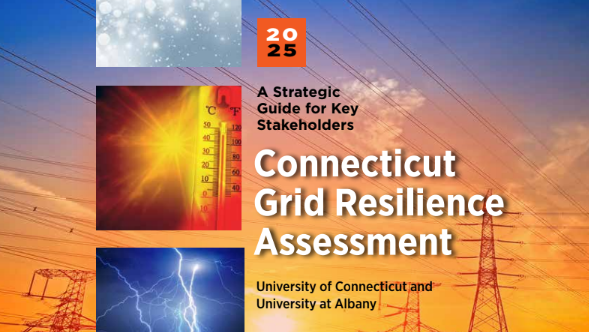
2025 Connecticut Grid Resilience Assessment
Produced by the University of Connecticut and the University of Albany, the Connecticut Grid Resilience Assessment (GRACI) Guide for Stakeholders synthesizes climate projections, outage data, infrastructure modeling, customer surveys, and social vulnerability metrics to identify Connecticut communities most at risk from extreme heat and high-wind-related outages.
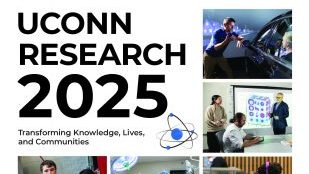
UConn Research Year in Review (2025)
The Year in Review report from the Office of the Vice President for Research (OVPR) highlights some of the initiatives at UConn that represent the groundbreaking research taking place at the University. Several IoEE faculty members, including affiliated faculty and Eversource Energy Center members, are noted in the report.

Global burn severity in forest ecoregions: trends, climate drivers, and predictive insights
Published: 09 July 2025
Author(s): Kang He, Xinyi Shen, Emmanouil Anagnostou
Affiliations: Department of Civil and Environmental Engineering, Eversource Energy Center